This post has been collecting dust for two months now (WHAT?!) and the consequence of my procrastination is that instead of finishing it on a train or in a hostel on the continent, I’m next to my little sister on the couch at our home in Saugatuck where the evening breeze tosses the song of crickets and the faint rumble of semis on the highway through the screen door. I’m home.
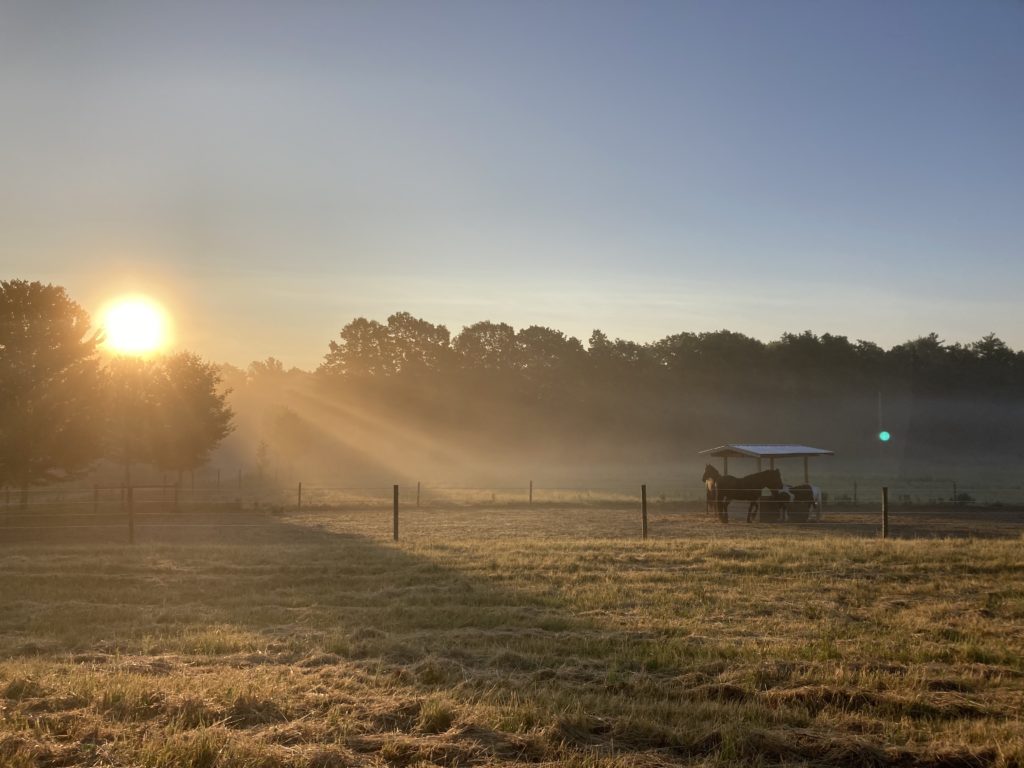
I’ve been back for almost two months and the word I continually fall back on to describe the feeling is weird. It’s just weird. I could write about the reverse culture shock (why so many choices in the store? Why so big? So loud? Why do I have so much stuff?), how the reality of Dutch bingo in my small hometown is unsettling, how campus feels hollowed out in the summer, how it’s hard to know how to share months of my experiences abroad with family back. Or I could share all the beautiful parts of being home: my Dad’s homemade breakfasts, playing in the yard with my little siblings, reuniting with old friends, riding my horses again, making it home in time for Mother’s Day, Lake Michigan sunsets, so many trips ‘up north.’ But instead, I want to rewind even further, to revisit this draft to take you with me to a small town in northern France with a very special friend I made in Liverpool.
If you’ve followed any of my posts, you’ll know about Romane. You might know her as my flatmate or my hiking buddy, but she became so much more than that. After our first weekend of orientation at LHU, I felt a little overwhelmed and out of place. I missed the familiarity of my friends from Hope, the easy way that time passed when I was with them, our comfortability with silence, the non-existence of small talk. I had met so many lovely, fun, enthusiastic people in Liverpool, but I started praying for a special friend. The next morning (literally, THE NEXT morning), while making breakfast, I (accidentally) set the toaster on fire, disrupting the delicious breakfast of the sweet French girl who lived down the hall from me. We put out the fire, choked on the smoke, called the security guard, and laughed about it all the way to campus on the bus together. And so began our friendship. Who knew burned toast, ruined appliances, and getting yelled at by a Scouser could be an answer to prayer.
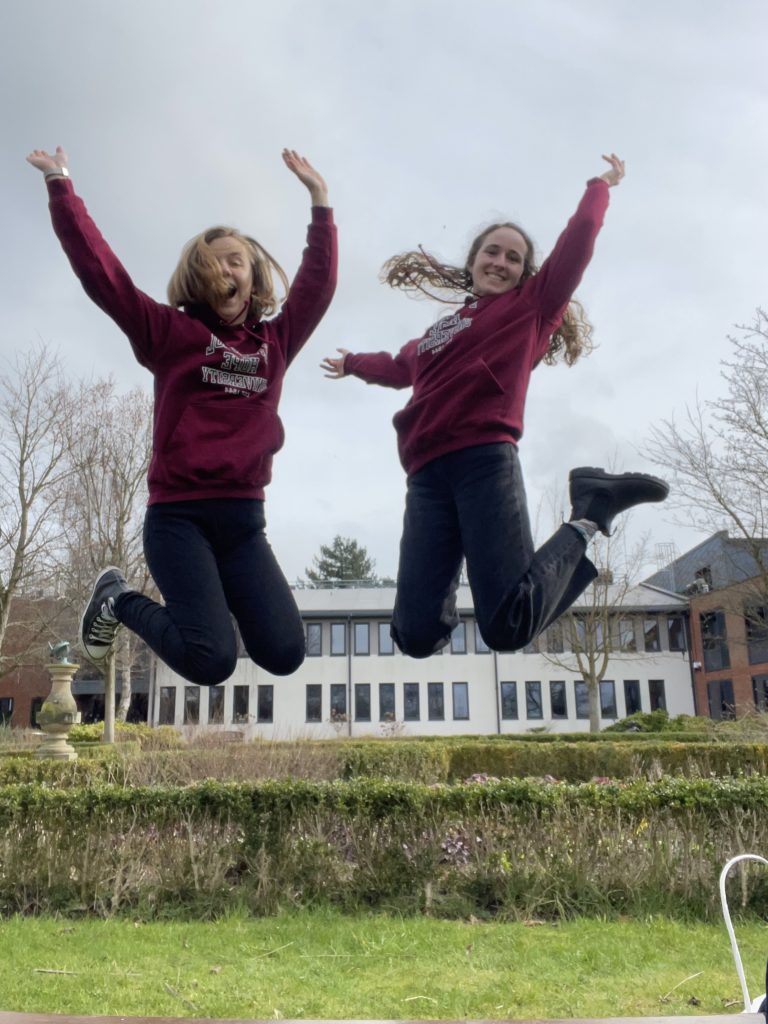
After my classes ended, I spent a month traveling around Europe, staying in hostels and Airbnbs, enthralled by history, hiking, architecture, food, and people. Yet, the nomadic lifestyle, however thrilling it is, becomes exhausting. I discovered my tolerance for solo hiking isn’t infinite, nor was my desire to spend hours exploring museums and cathedrals alone. So when Romane invited me to visit her and her family in northern France, I leaped at the opportunity.
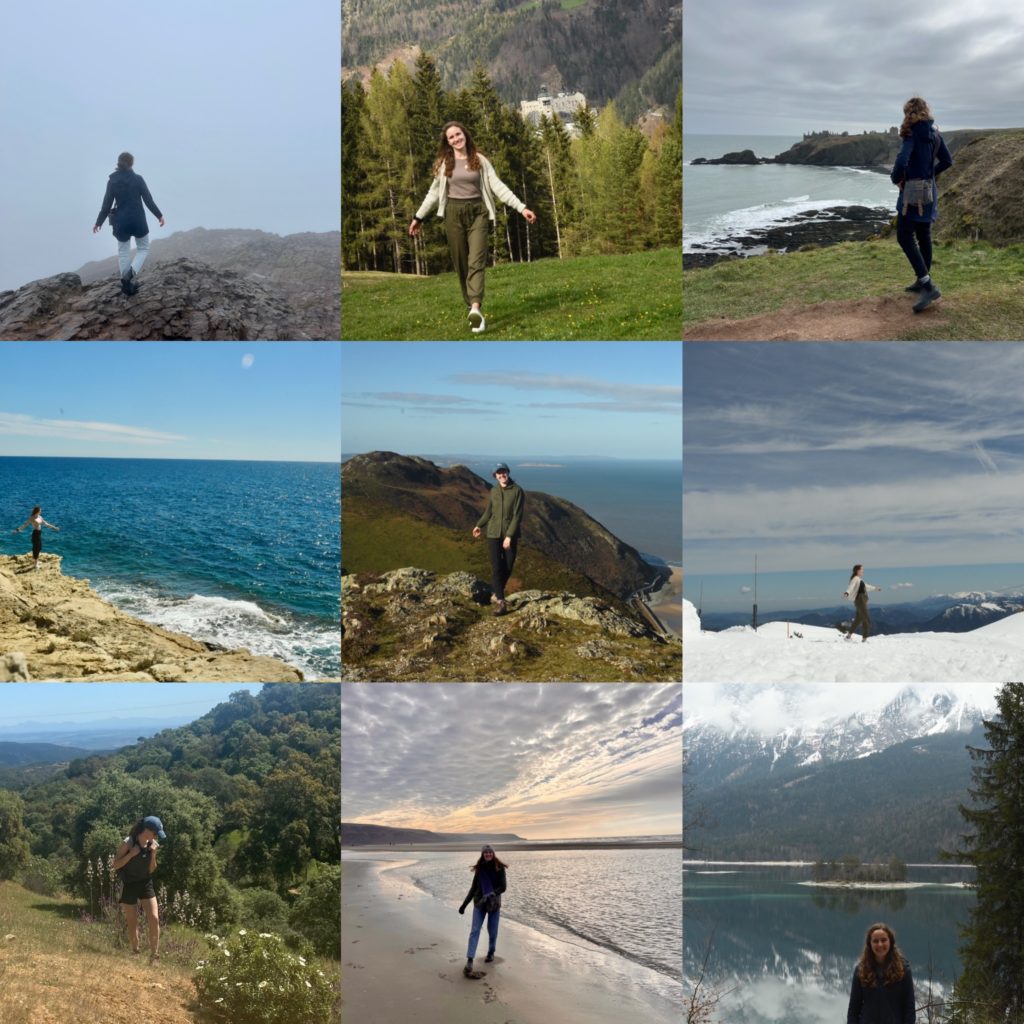
I didn’t know I’d said yes to what I look back on as one of my favorite memories from Europe. Romane greeted me at the bus station in Lille after I’d spent 19 hours with no sleep on an overnight bus across France. She escorted me back to the apartment where she and her sister live when attending university in Lille. Romane and her parents led me on a tour of Lille, showing me the university, the park, several charming shops, and the market called La Vieille Bourse. My dad, who very last minute booked a flight to spend a few days traveling with me, flew into Paris that same morning and took a train to Lille to meet up with all of us. We almost bumped into him downtown! Romane was an excellent translator in the flurry of introductions, hugs, and questions that filled the afternoon and evening.




Among the sometimes awkward and humorous communication attempts between my dad, myself, and Romane’s parents, our time together was full of laughter. When I look back on the days we spent together, they are marked by an overarching joy.
Romane led us on a tour of her charming hometown of Gravelines, just 15 miles from Dunkirk. We saw lovely gardens, the expansive beach, and the old city walls! Her family provided home-cooked meals (and the traditional pre-meal snack and after-meal dessert) and insisted we eat it all as was the “French way” according to Romane. And WOW. Their food was amazing!! My favorite treat was something they bought at a shop in Lille, called Le Mereilleux, which literally translates as “the marvelous.” I don’t know how to describe or explain it except that it exceeded any expectations and is, quite possibly, the most delicious thing I tried in Europe.








One of my favorite moments was when Romane, knowing my love for horses, surprised me by bringing us to the equestrian center in their town. Another highlight was going to the French side of the English Channel where we walked along the clifftops of Le Cap Blanc Nez, gazed across the sparkling channel, splashed in the waves, and visited the seaside town of Wissant. Romane and I, who both have a budding interest in photography, passed an evening downloading and editing our travel photos together.











We spent our last day together in Bruges, Belgium, thanks to the generous driving of Romane’s dad. It was a gloomy, grey day, but the delicate spring flowers, quaint brick buildings, rows of chocolate shops, charming canals, and the clatter of horse-drawn carriages made it feel like a fairytale town.










My dad and I still marvel at the generosity of Romane and her family: an authentic, warm, sacrificial kindness. They literally offered their bedroom to a stranger (my dad) and gave up their time to devote several days entirely to the comfort of our visit. This generosity marked their actions to the very last moment: they not only helped carry our luggage to the station in Bruges but waited with us until our train to Brussels arrived. Saying goodbye to Romane was one of the hardest goodbyes I’ve had to make. Her friendship has been a deep and beautiful blessing to me.
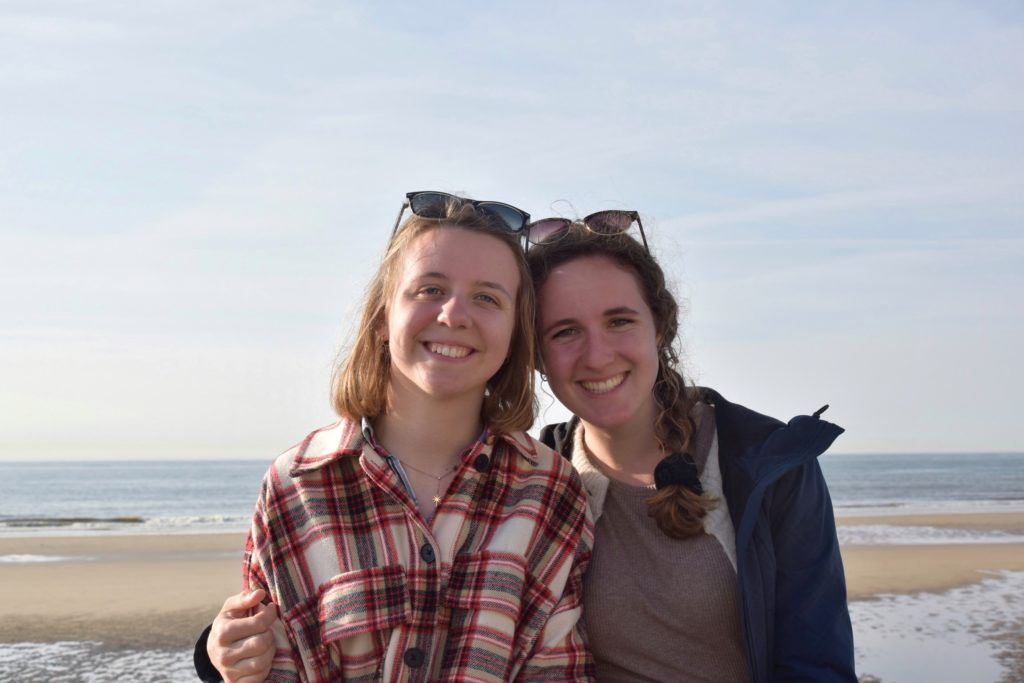
We text almost daily, send letters and postcards, and DM each other travel reels, daydreaming of our someday trip to Scotland together. I also text her anything I can think of that would convince her West Michigan is worth the $$$ flight to come visit (we have Tulip Time! We could basically be Europe! And the Peanut Store could be Le Mereilleux! And we have the beach too!)
Romane, if you’re reading this, July is a fantastic time to visit Michigan. My hometown may not have ancient city walls like yours, but the meadows are laden with a rainbow of midsummer flowers and the wild blackberries are ripening along the edge of the forest. The golden beaches are wonderfully deserted at 7am (assuming you’re still an early riser) and the sapphire, non-salty waters of Lake Michigan have hit 70 degrees (Fahrenheit that is). My family’s doors are always open, and I’ll be ready to welcome you with some blueberry crisp and homemade ice cream (almost as good as Le Mereilleux).


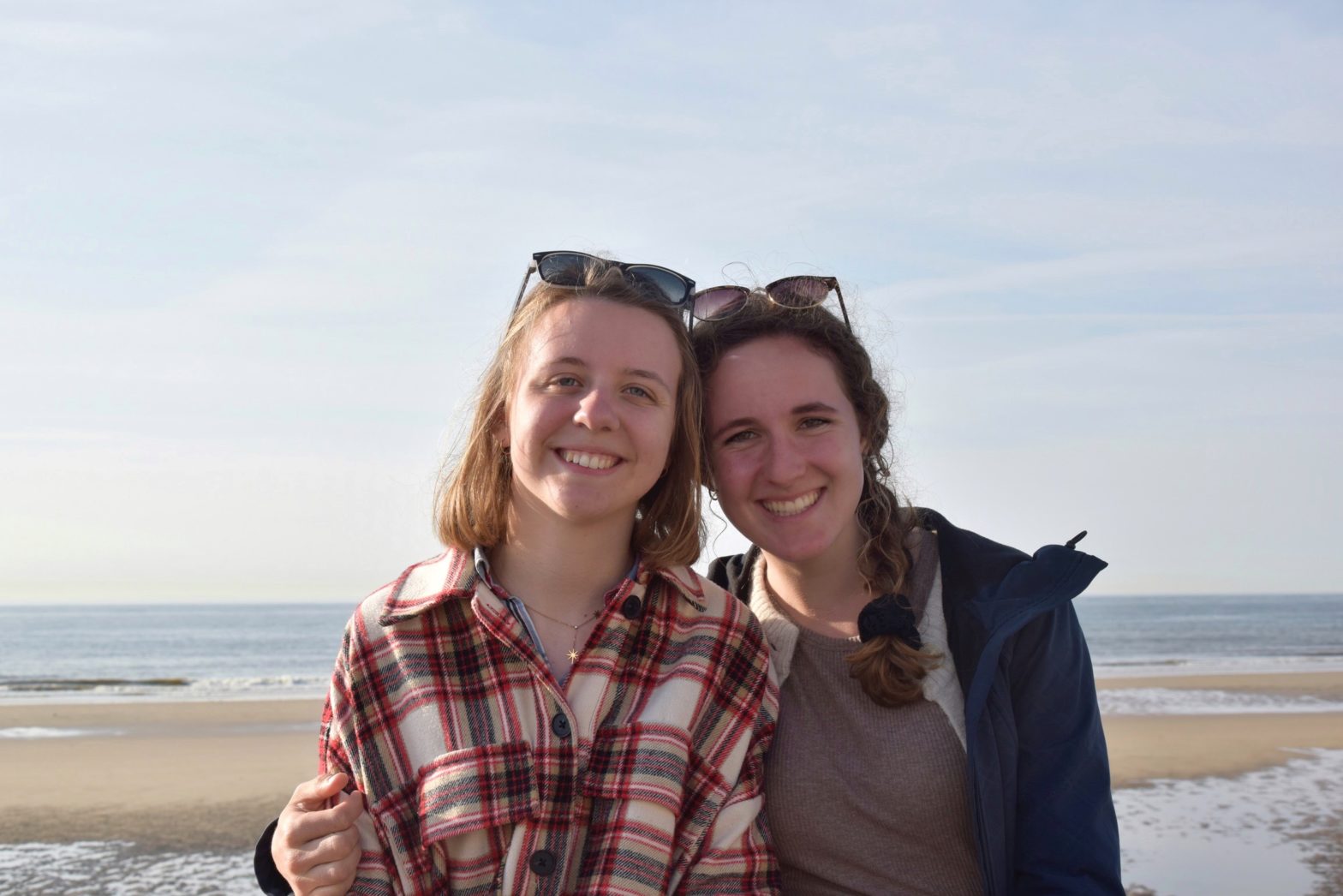
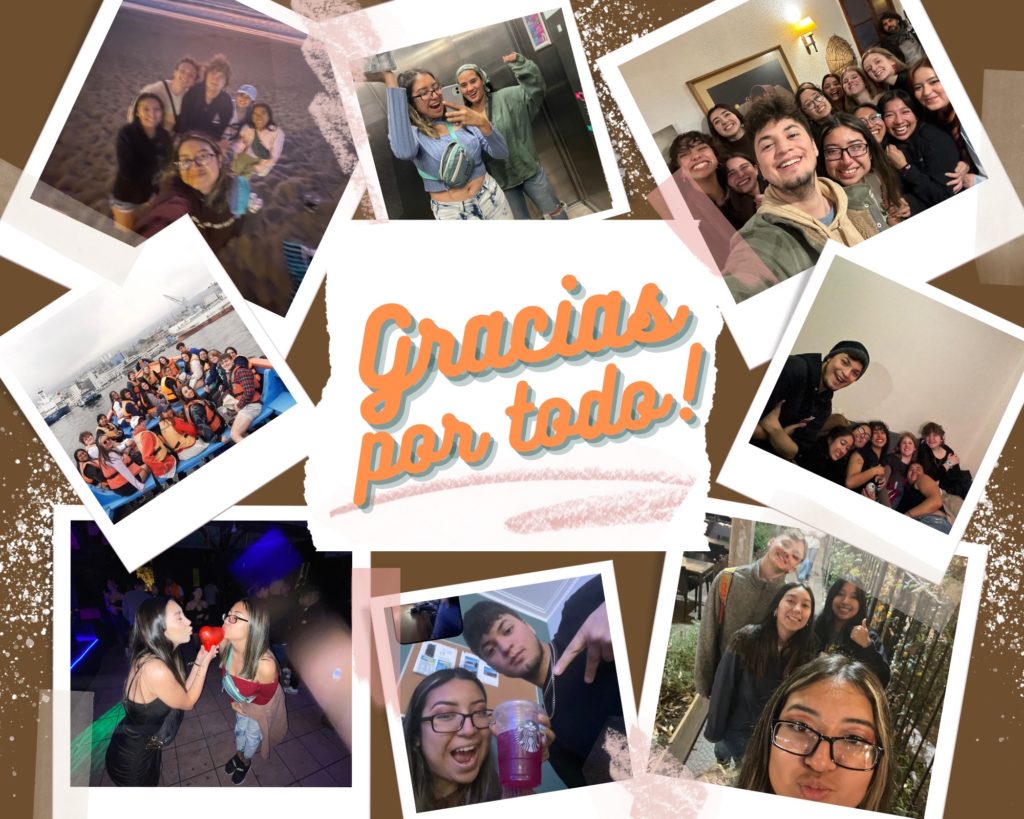
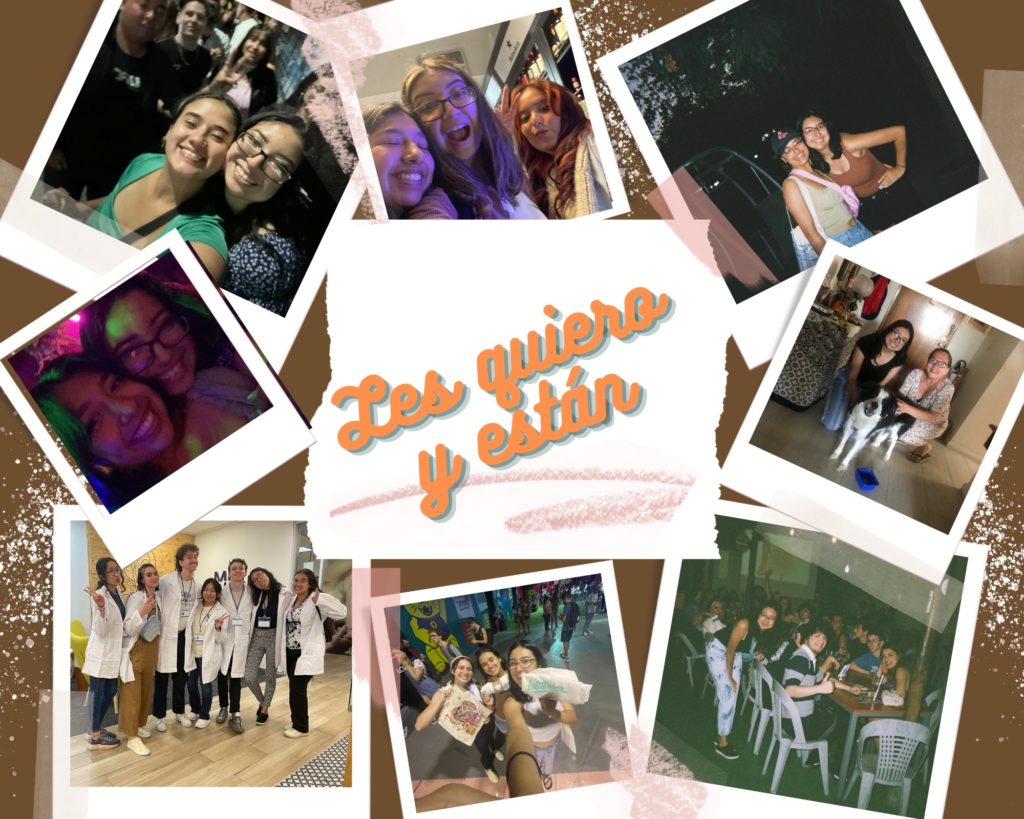
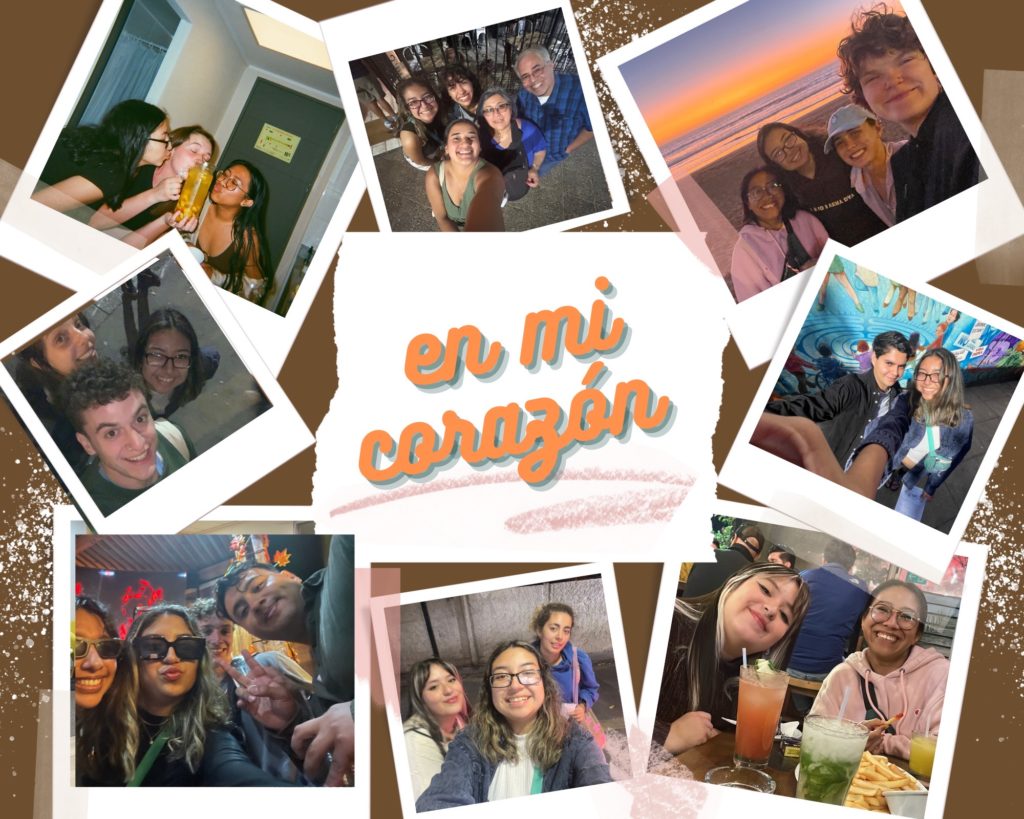
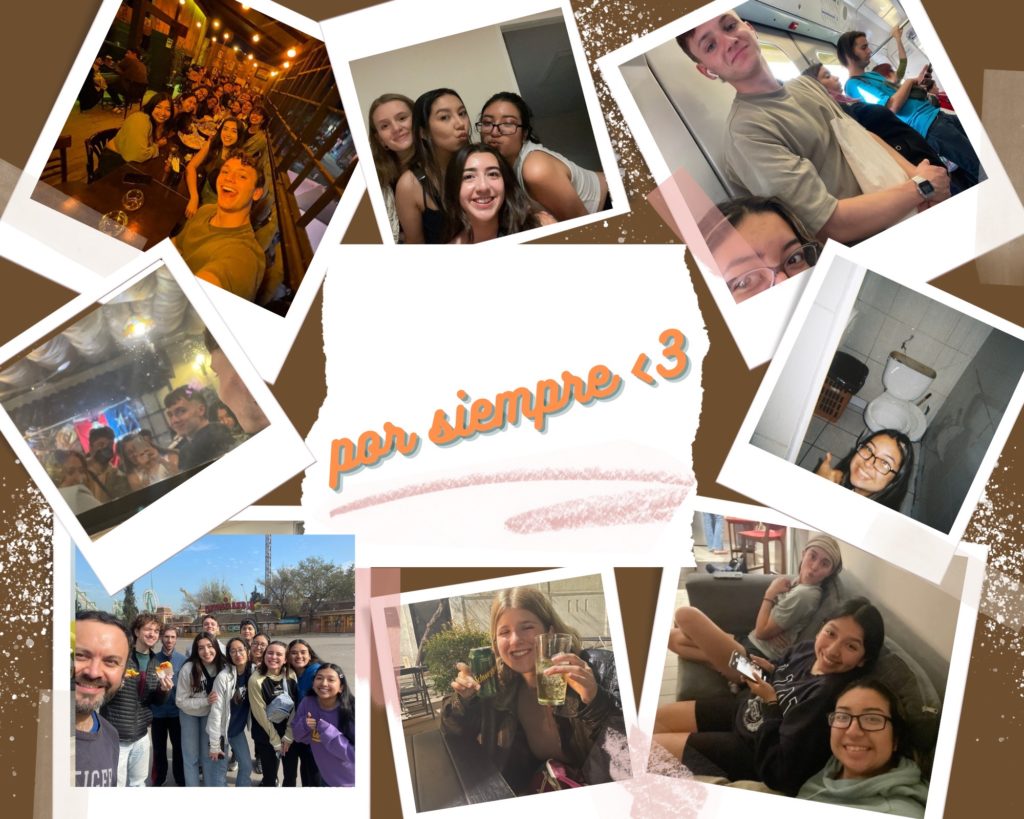
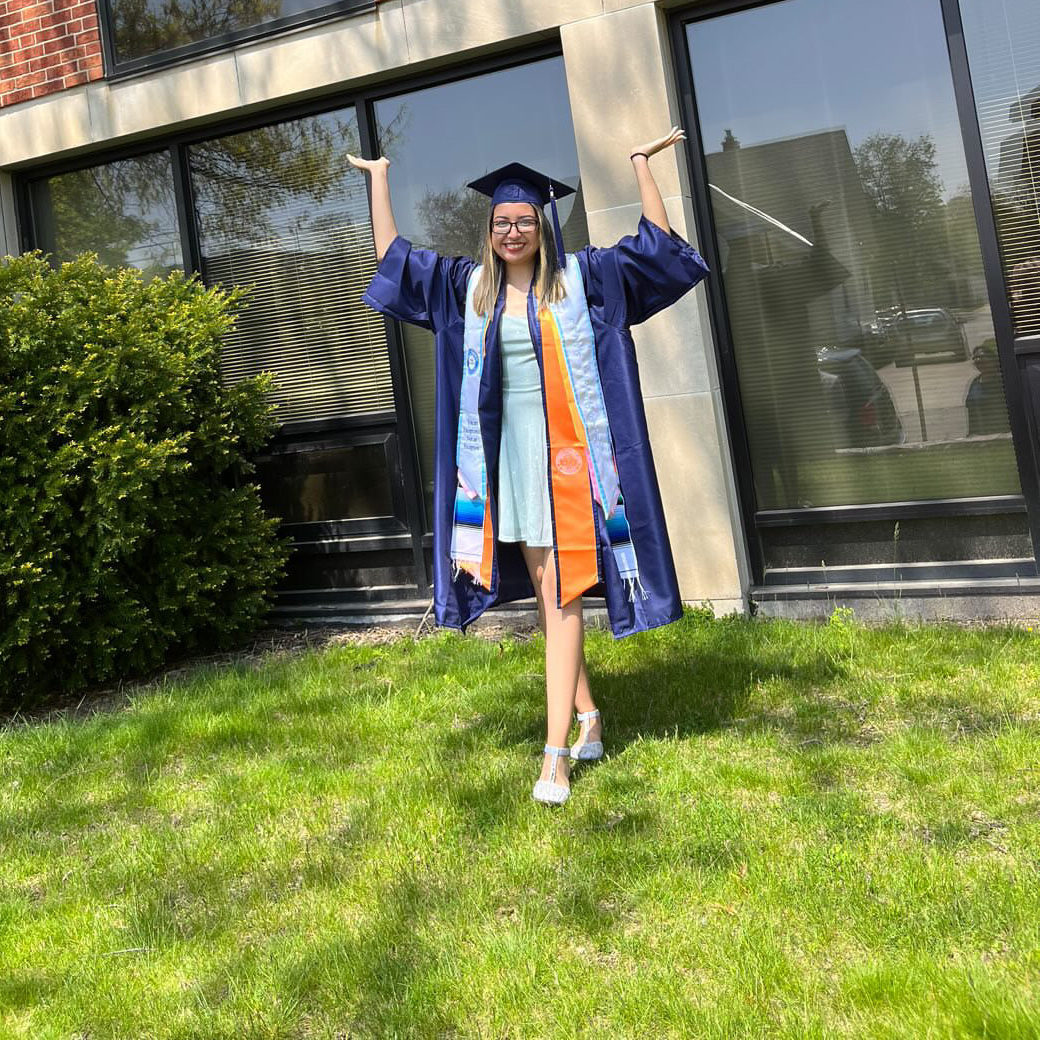
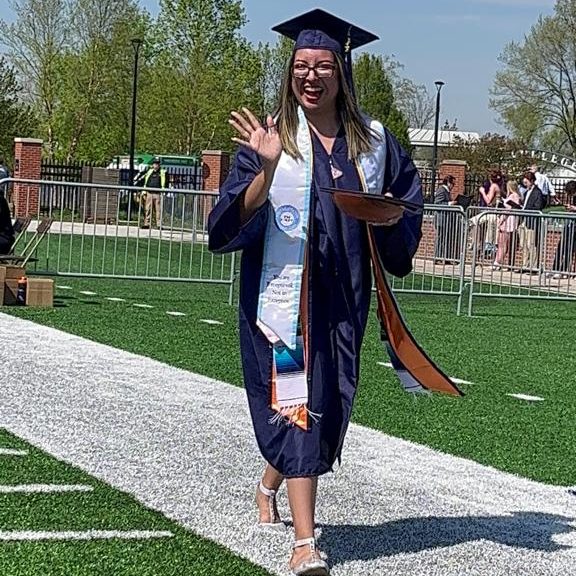
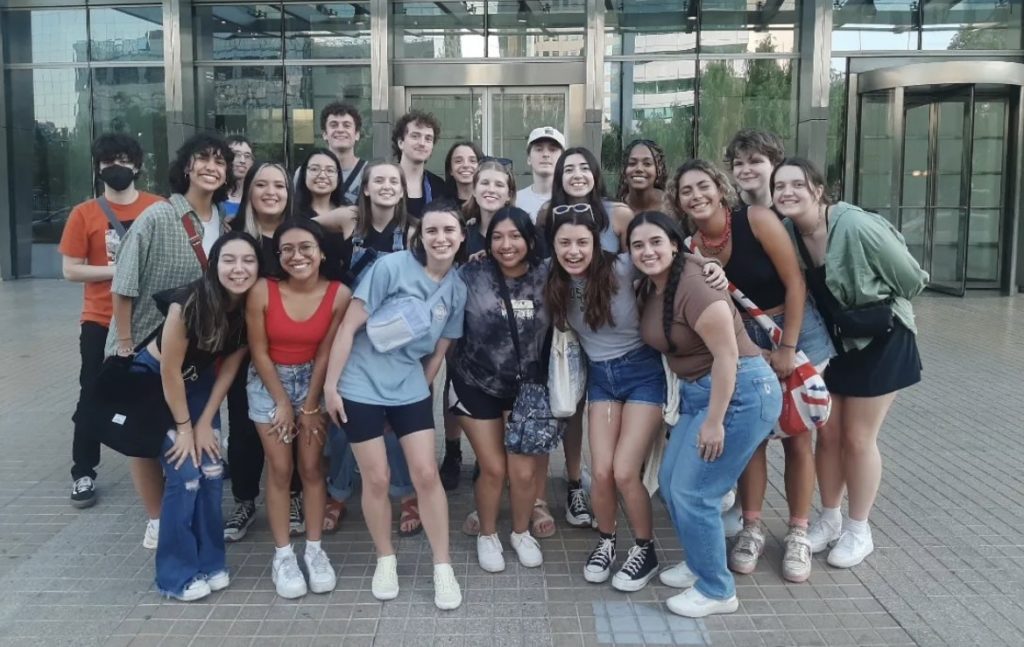
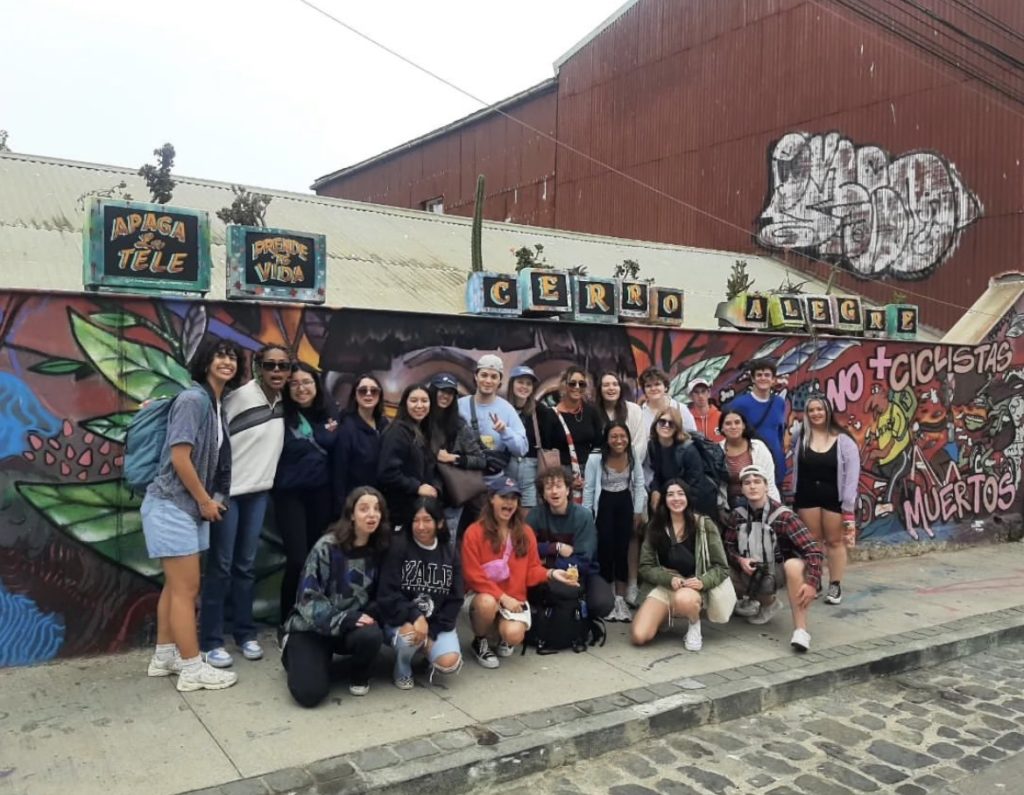
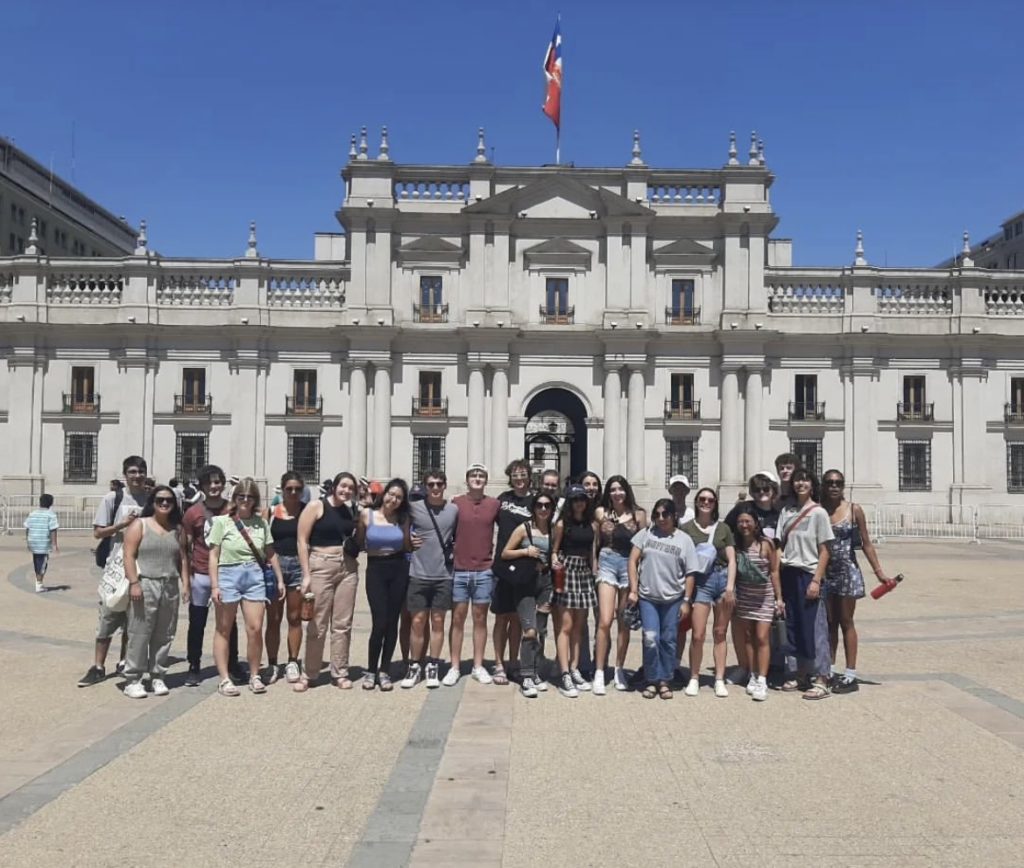
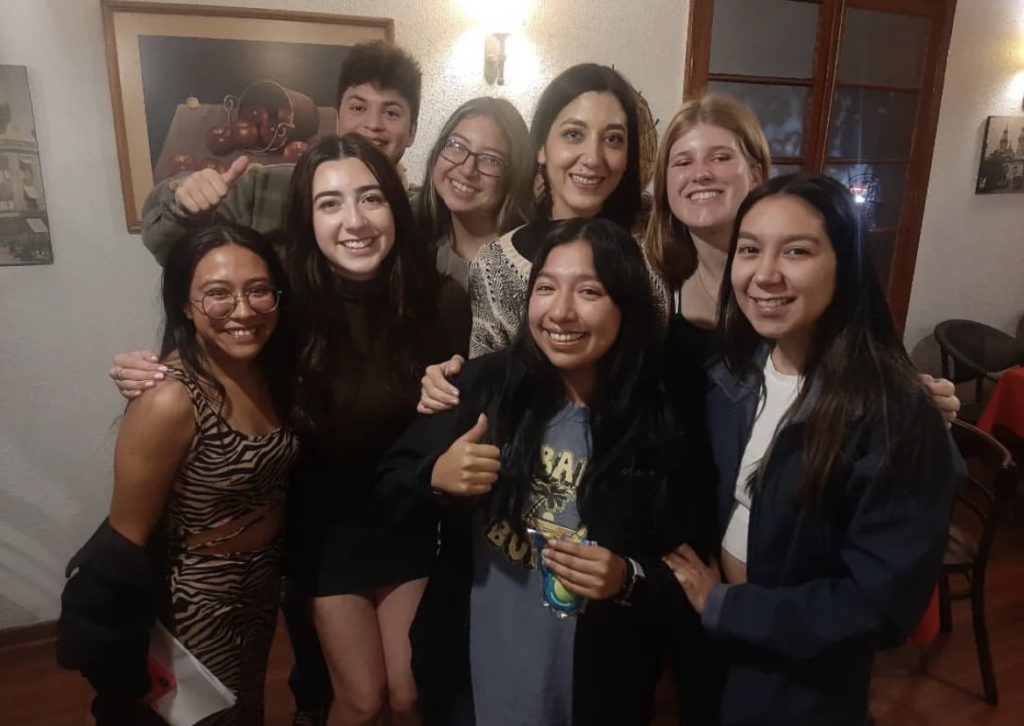
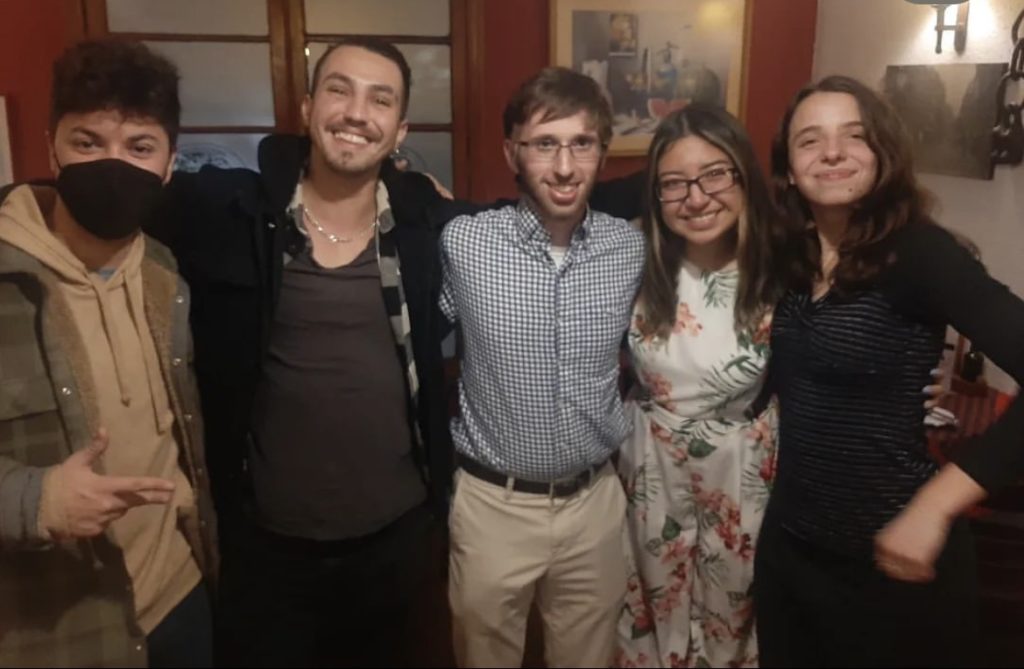
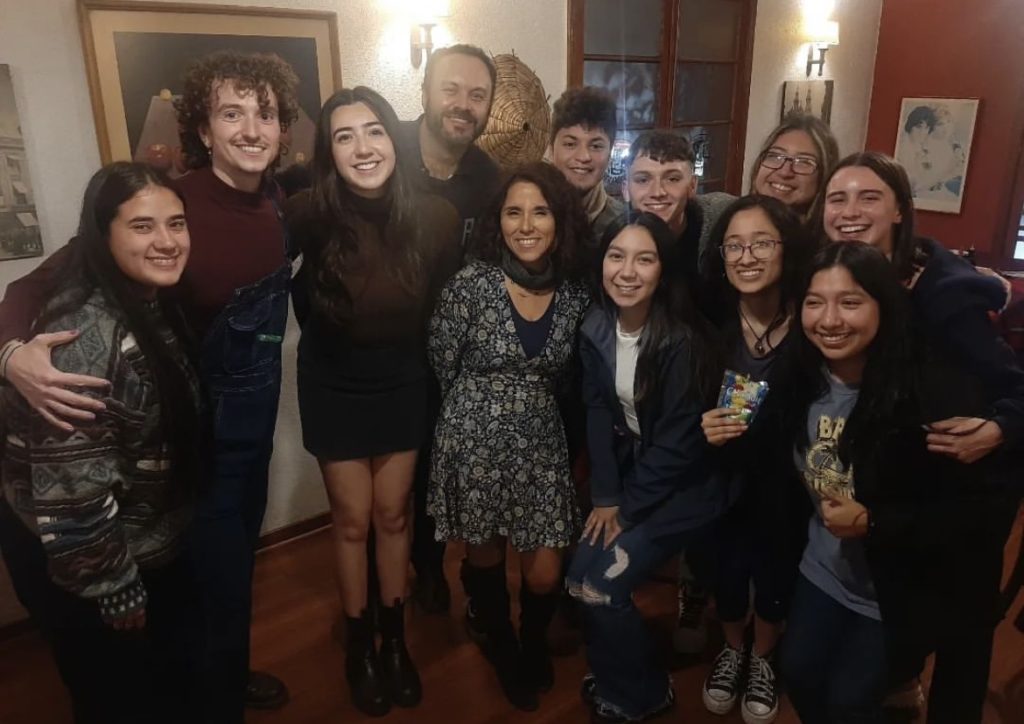
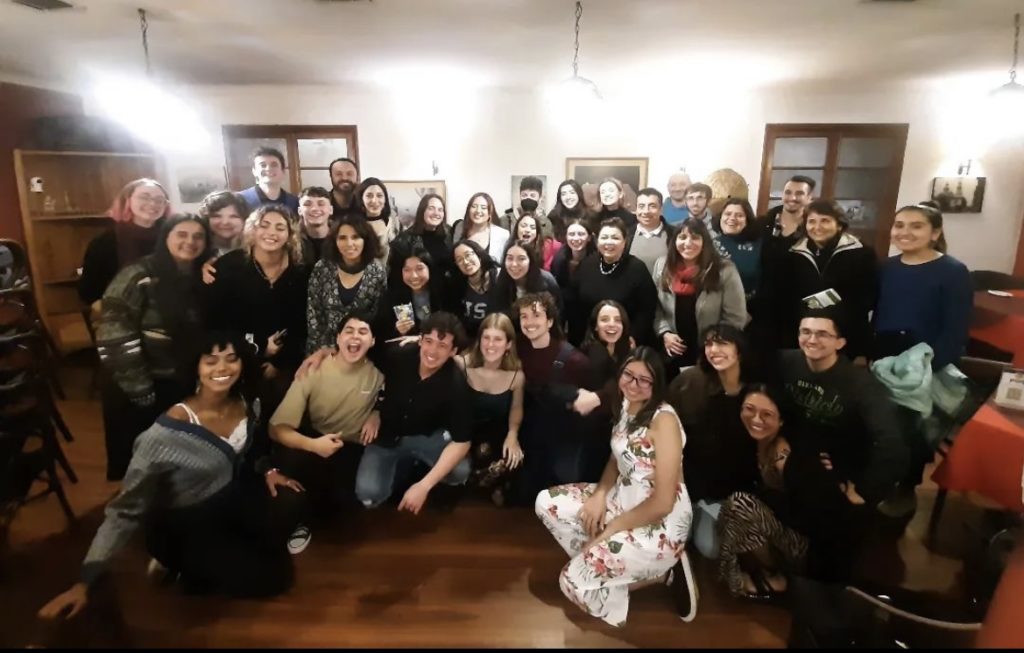




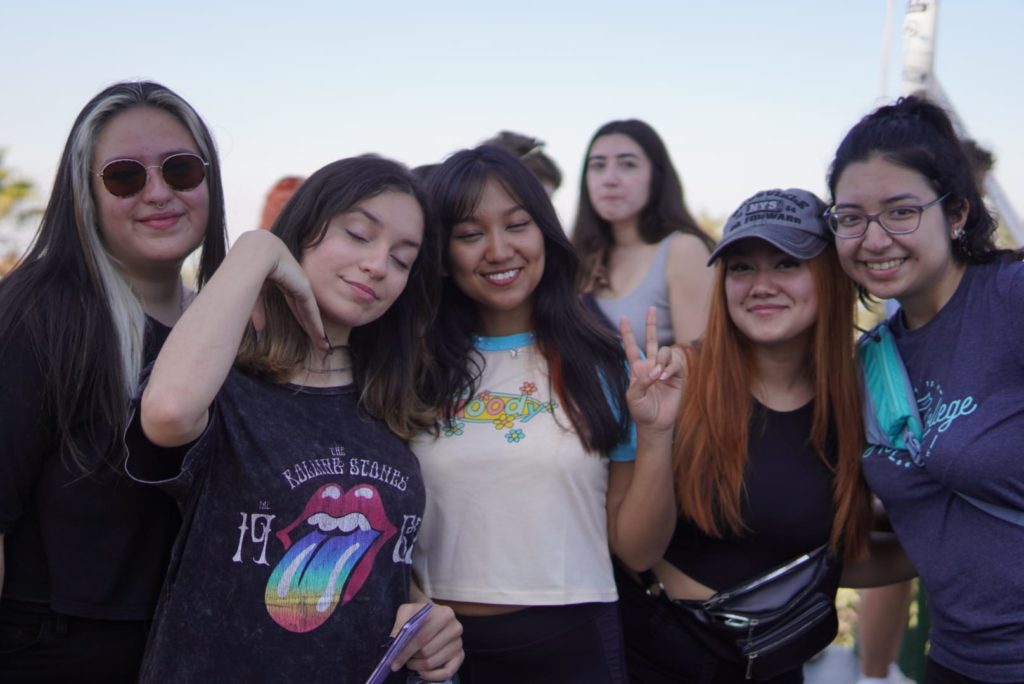
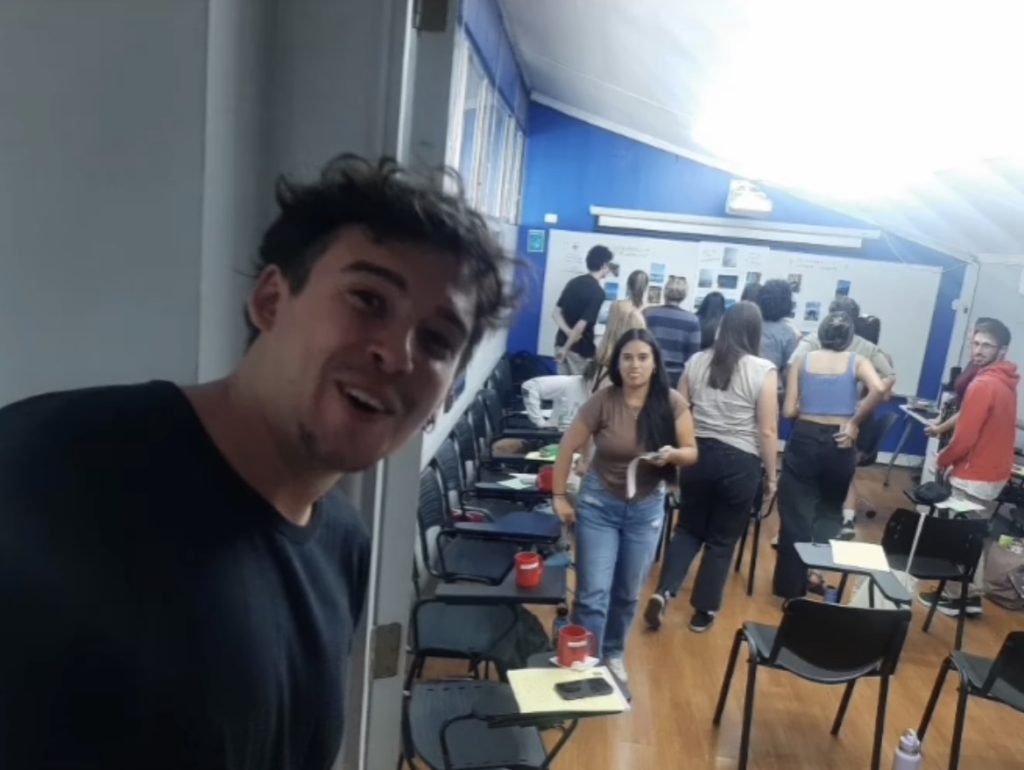
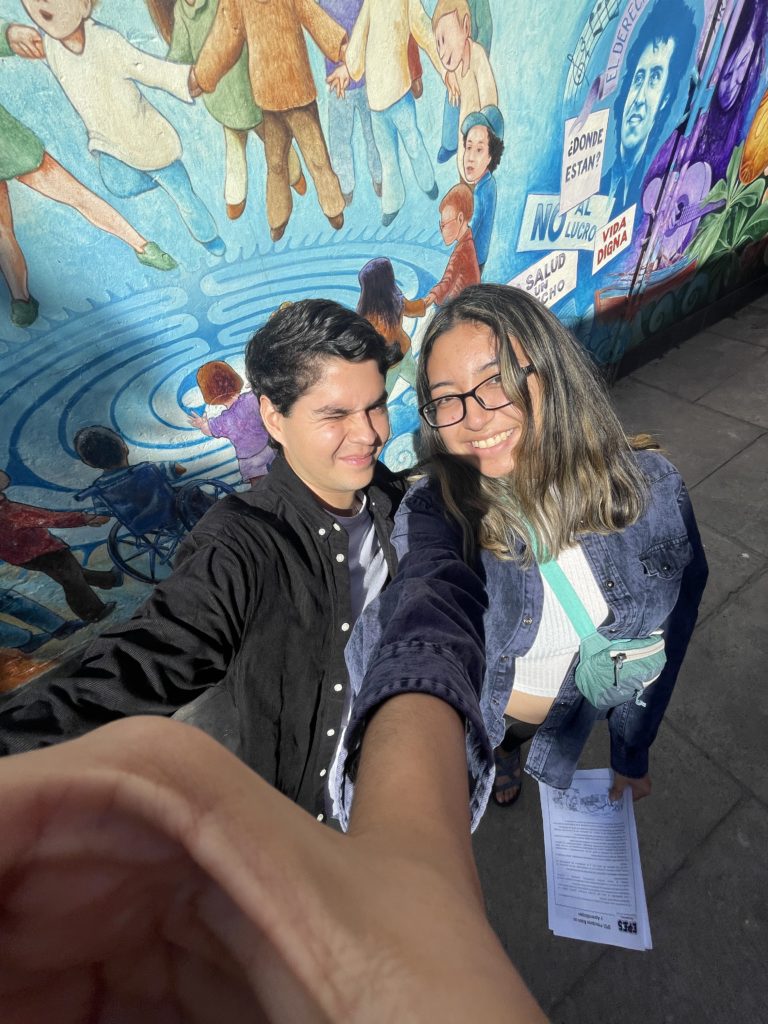
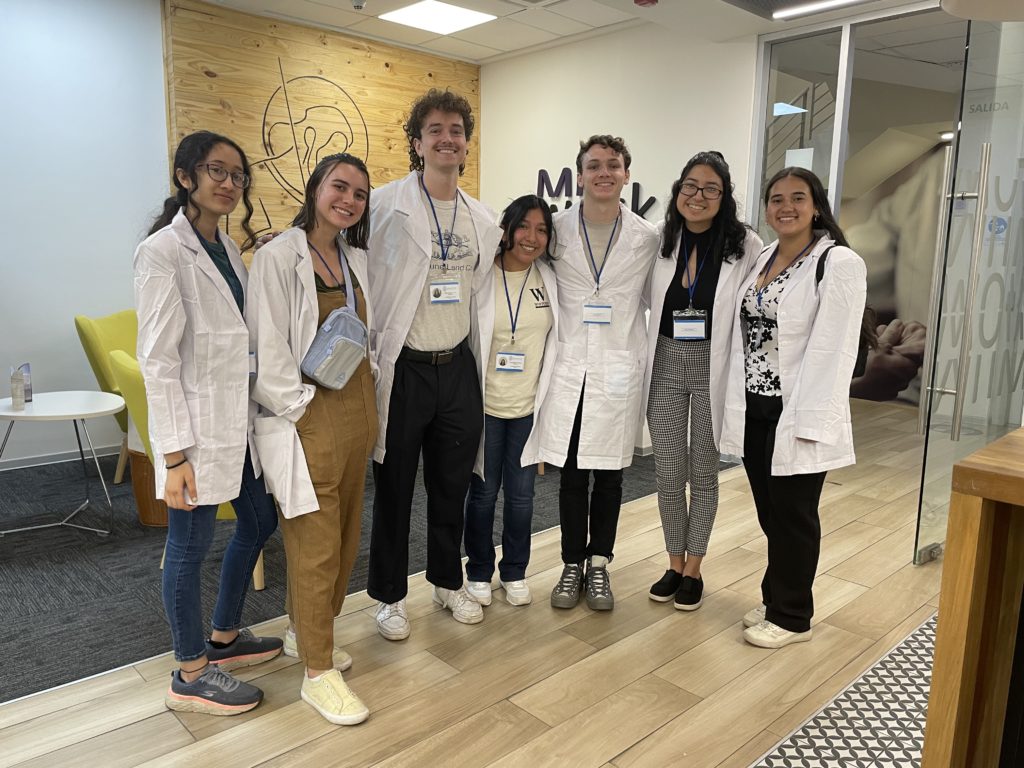
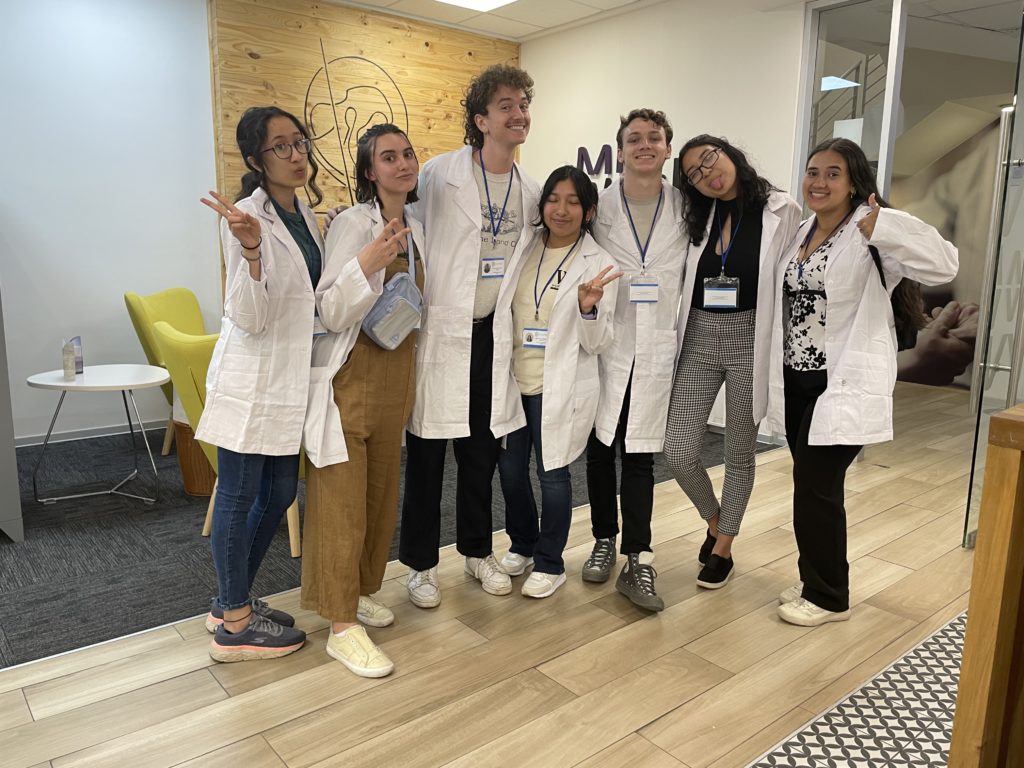
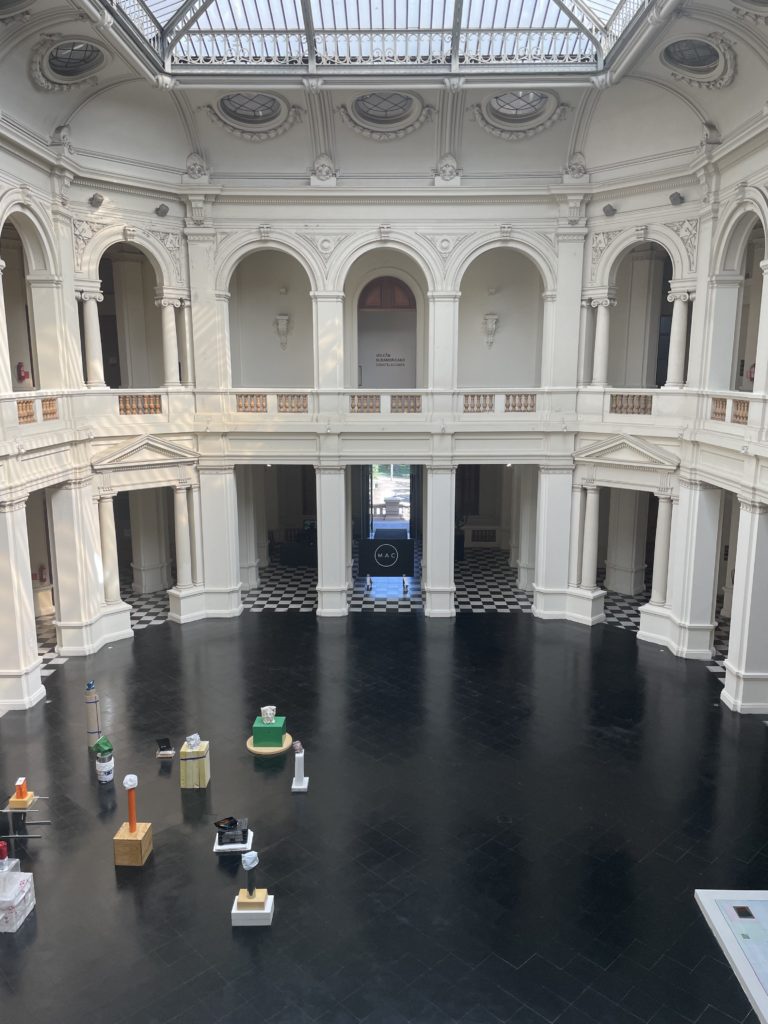
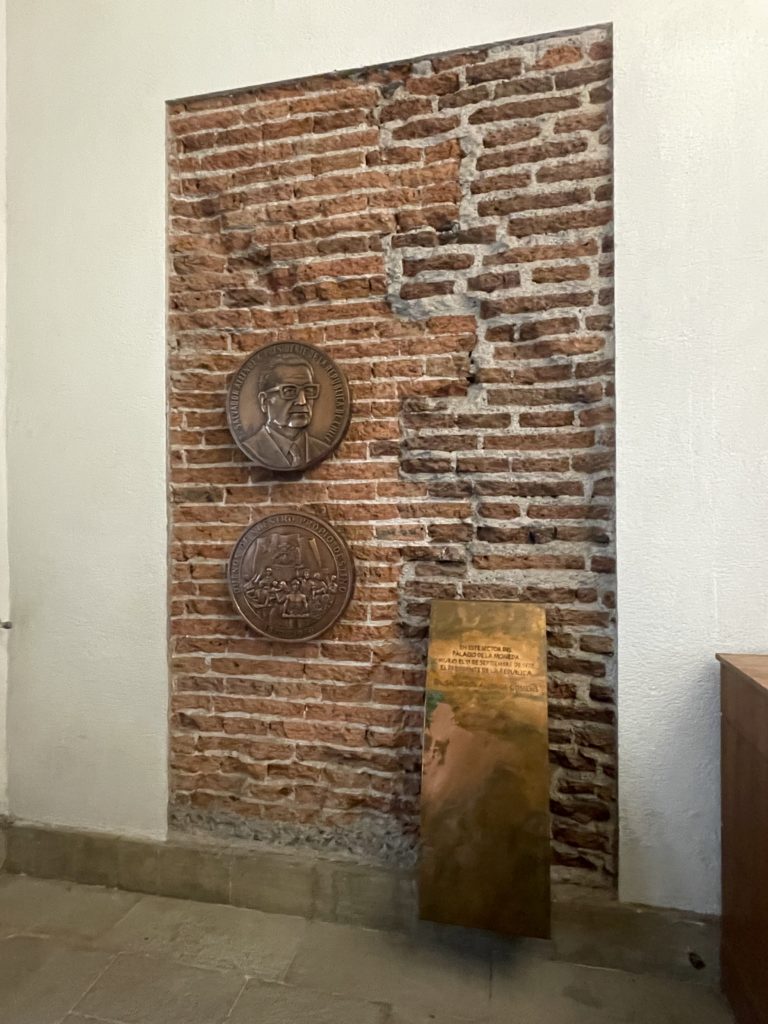
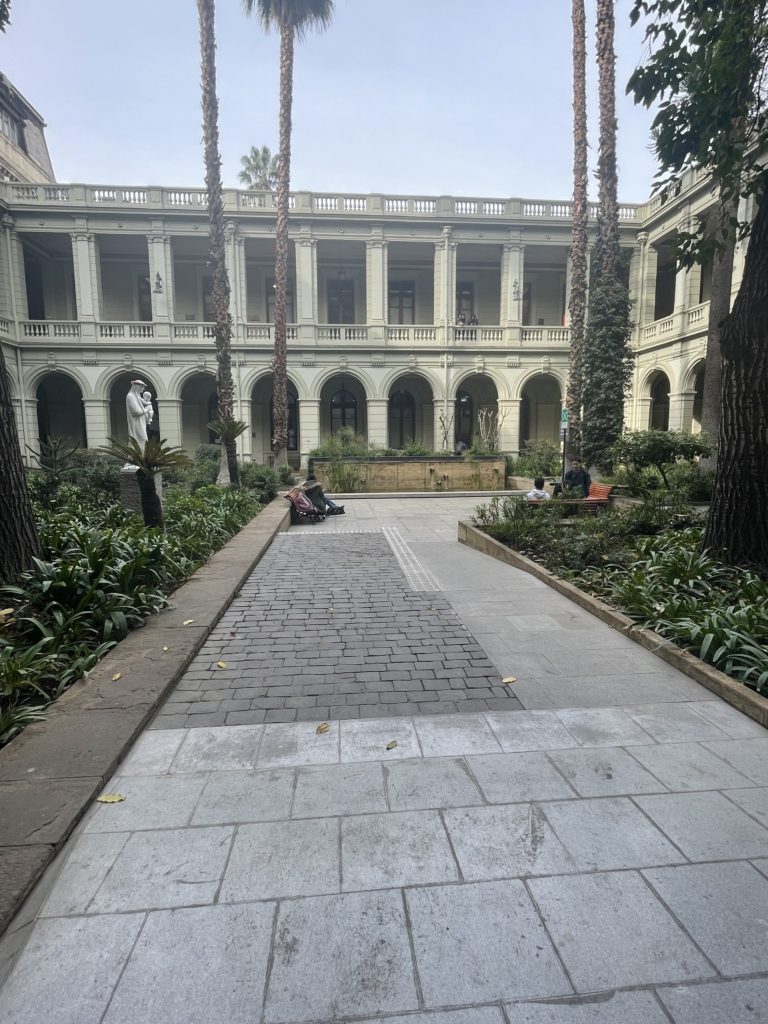
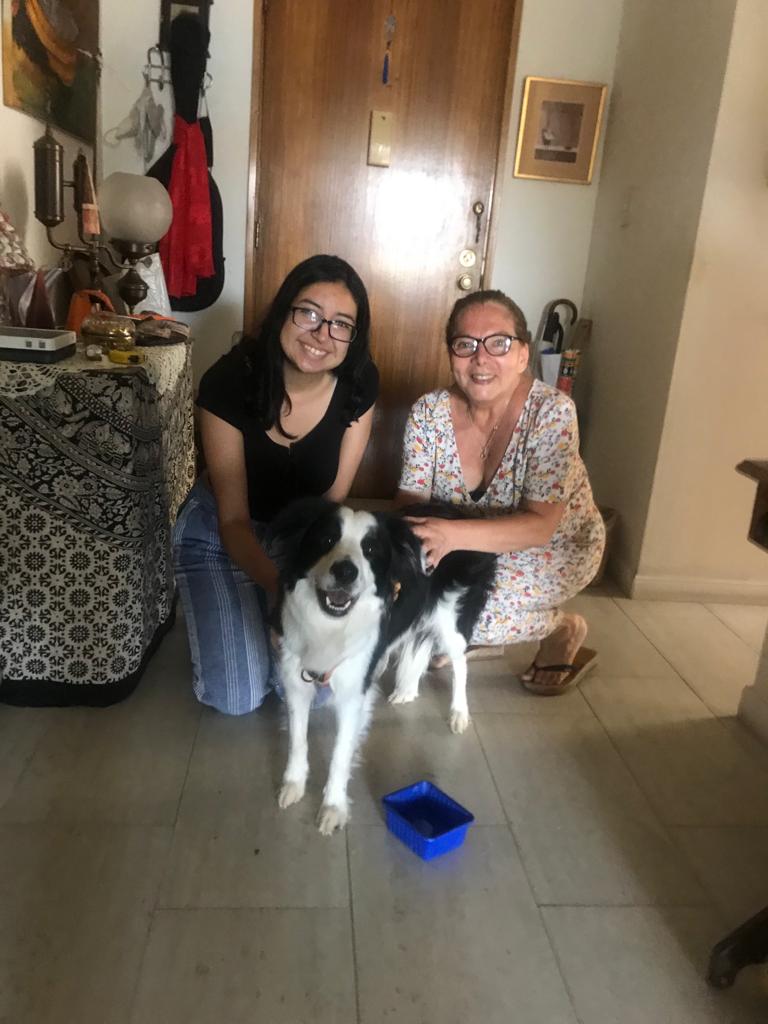
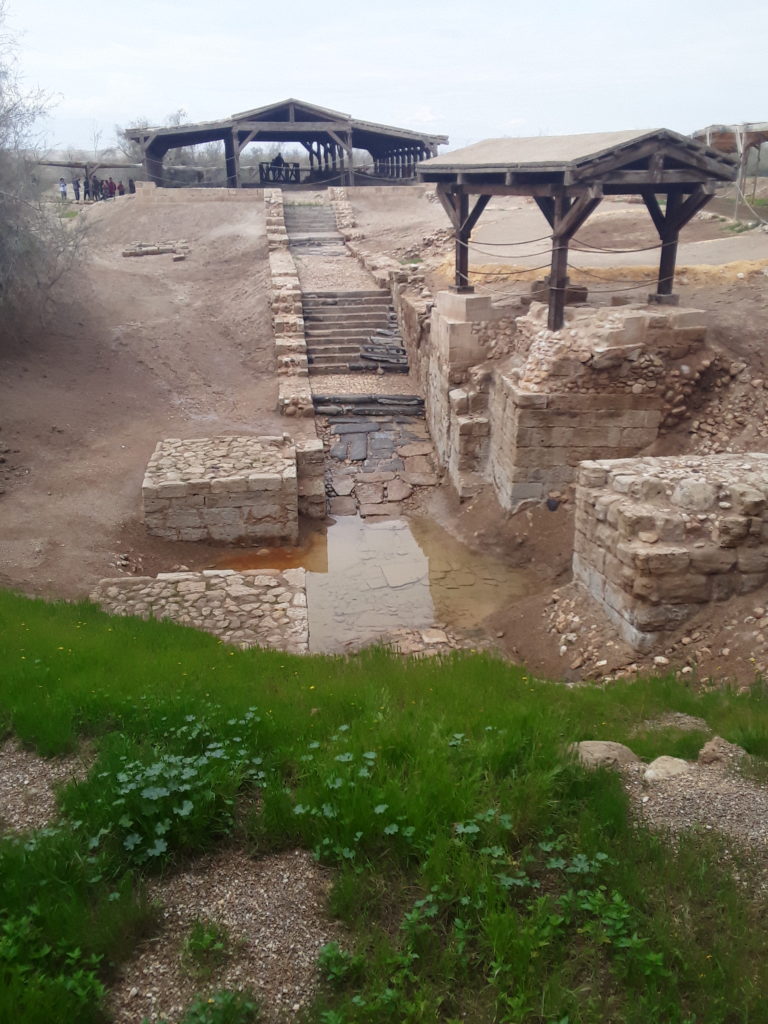
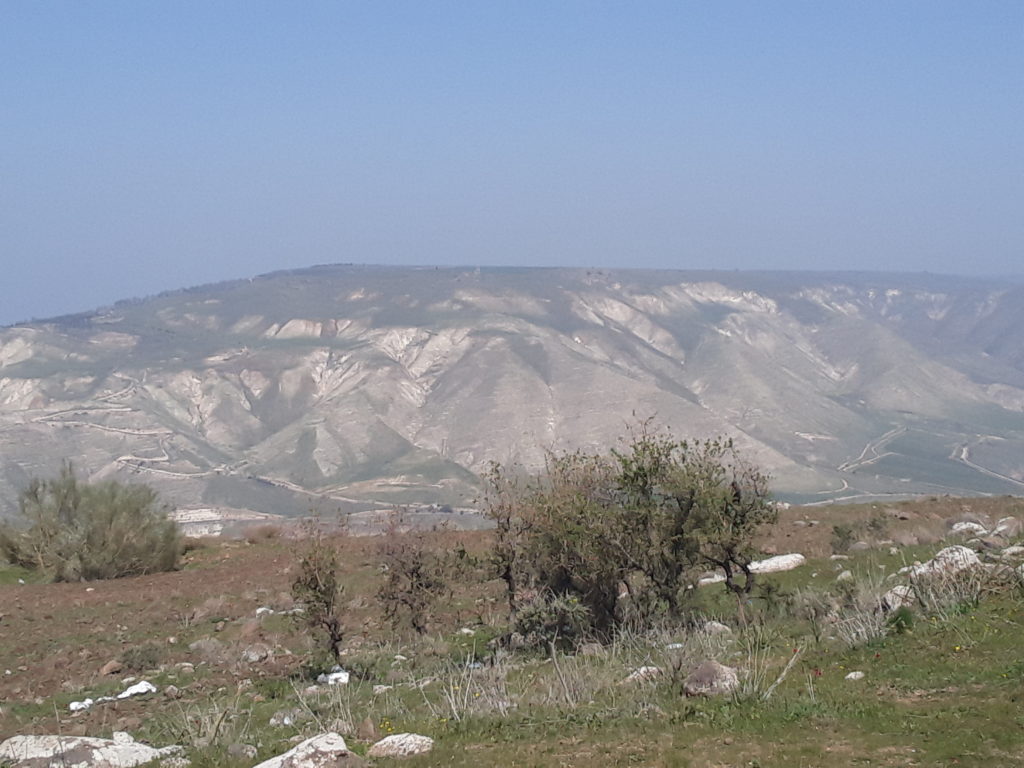
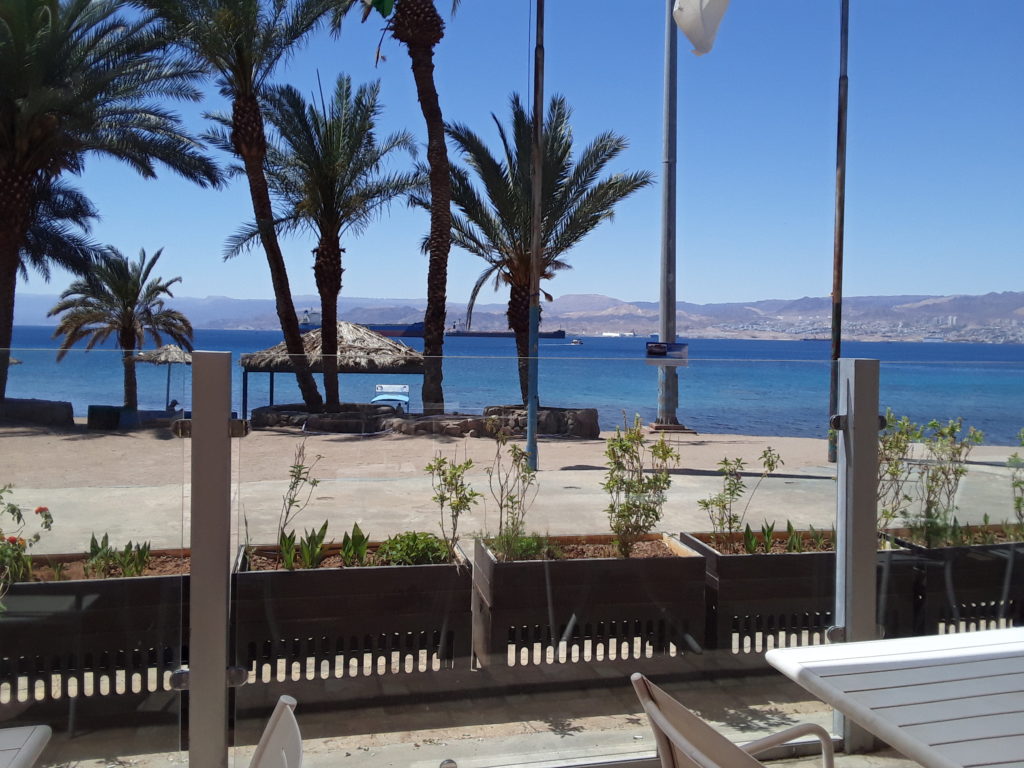

You must be logged in to post a comment.